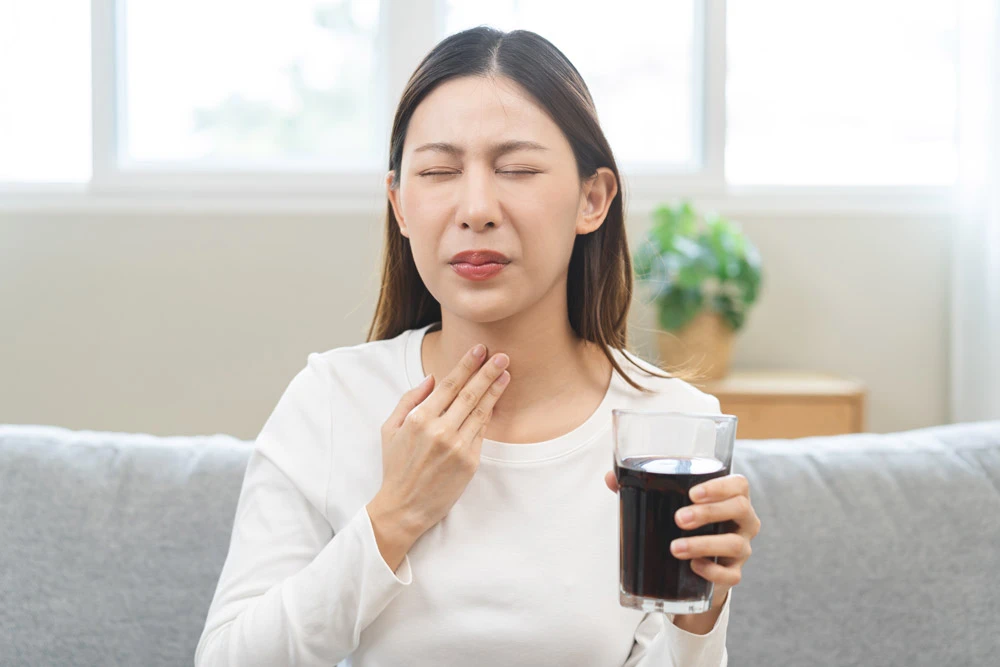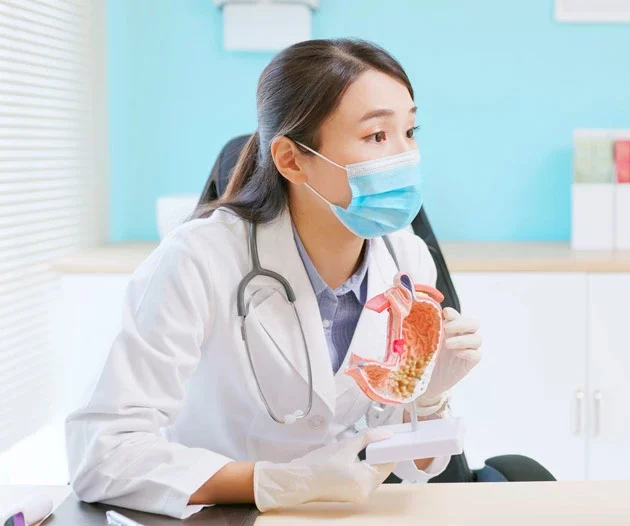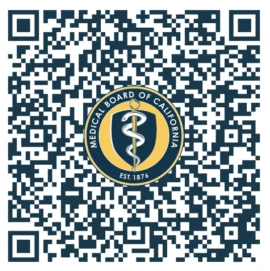GERD

GERD:
Managing Symptoms and Promoting Esophageal Health
What is GERD?
GERD, which is short for gastroesophageal reflux disease, is a condition that causes a painful burning sensation in your chest after you eat. Heartburn, caused by the acid reflux, is a classic symptom of GERD.
In addition to heartburn, other symptoms of GERD include:
-
Frequent burping
-
Bitter fluid in the back of your throat
-
Difficulty or pain when swallowing

What causes GERD?
Normally the LES opens when food reaches the bottom of your esophagus to allow food to enter your stomach,
then closes to prevent the stomach contents from coming back up. When you have GERD, the LES doesn’t work as it should. It fails to close after food enters your stomach, which means stomach acid can reflux back up into your esophagus.
The team at Digestive Disease Consultants of Orange County performs esophageal testing using the Bravo pH test to diagnose GERD. The test can be repeated later to determine the effectiveness of your treatment protocol.

How do I treat the symptoms of GERD?
If you experience occasional episodes of heartburn, over-the-counter products or prescription medications can help by neutralizing stomach acid and reducing its production.
Being overweight or obese is a frequent cause of GERD, so losing weight can help reverse the effects. What you eat and drink could also trigger attacks of heartburn by increasing the quantity of acid in your stomach or relaxing the LES.
Dietary items to avoid include:
-
Coffee and tea
-
Carbonated drinks
-
Fatty or fried foods
-
Spicy foods
-
Mint
-
Chocolate
-
Onions
-
Tomatoes
You might find other foods affect your GERD, too, so avoiding these is sensible.
You should also try to eat smaller meals so you’re not overloading your stomach. Don’t lie down after eating either. Instead, wait a few hours for your stomach to empty and elevate the head of your bed at night.
Avoid wearing tight clothes or belts, and quit smoking and drinking, because these habits can make GERD symptoms worse.
For most patients, these measures are effective in treating GERD. If you’re still experiencing symptoms despite following a conservative treatment plan, your provider at Digestive Disease Consultants of Orange County might suggest surgery.
What does surgery for GERD involve?
GERD surgery most often involves a procedure called fundoplication, which is wrapping the top part of your stomach around your esophagus to recreate the effect of a working LES. Your provider at Digestive Disease Consultants of Orange County uses a laparoscopic technique wherever possible to perform fundoplication.
Laparoscopic surgery is less traumatic than traditional open surgery, as it only requires a few small incisions. Your surgeon performs the operation while viewing video images of the surgery site that are captured by the laparoscope.
For effective solutions to treat heartburn and GERD, call Digestive Disease Consultants of Orange County or book an appointment online.


